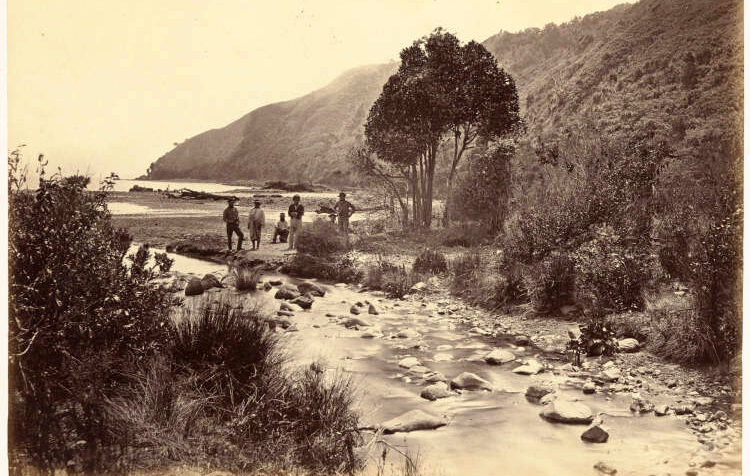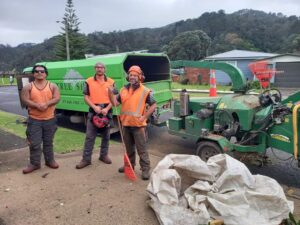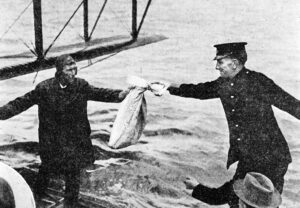As part of a Valley Profile series, MEGHAN HAWKES searches through old newspapers to bring you the stories Thames Valley locals once read about themselves.
1879
Two bushmen, having a little dispute over one of the thousand and one little things that bushmen quarrelled over, adjourned to the seclusion of Tararu to settle the grievance.
The news of the fight spread like wildfire and proved a godsend for cabbies, as, within five minutes of the rivals driving off, five other loaded cabs were on the road, the occupants all eager to see the sport.

By the time they arrived at Tararu, however, the fight was over, and the bushmen were found forgetting their differences in foaming tankards of beer. Their audience returned to town, looking considerably disgusted.
TELEPHONE ESTABLISHED
Telephonic communication was established between the telegraph offices of Miranda and Mercer by officials for their own amusement. The instruments were constructed by the officer in charge from a description in a British newspaper. The distance between the two places was about 30 miles, and a gentleman who was invited to hear the telephone ‘shake’ said that he could hear people miles away speaking, singing and whispering as distinctly as if they were in the same room with him.
GRAHAMSTOWN FAVOURED
The favouring of Shortland over Grahamstown at Thames by the Borough Council infuriated a Shortland resident. Between Willoughby and Grey Streets were stinking drains and bad footpaths and the area was permeated with the smell from an infernal brewery. The expenditure of rates was angled towards Grahamstown, which had good footpaths and stone crossings while the poor sleepy hollow of Shortland got nothing. “So long as the ratepayers choose to elect men to the council that hold large properties in Grahamstown, they will never get a fair share of rates spent in their district. Rouse up, ye sleepy ones!” he urged.
HIKUTAIA ROAD COMPLAINT
Mr Alley of Hikutaia also wanted action from the council. His horse became badly bogged while riding to Shortland and if it hadn’t been such a strong animal it would have stuck fast in the county mud. The road had been formed out of swamp land two years previously, had never been repaired and was fast becoming a series of bog holes. Mr Alley couldn’t drive cattle or sheep to market on the rotten excuse for a road. He had spoken to the road overseer and also the County Chairman who threw the blame on the government. Mr Alley implored the Thames Star editor – whose pen the County Chairman had a dread of – to use his influence to get the county men to fill up the bog holes with manuka, rushes or fern, in place of more substantial metal or broken stones.
PAEROA DANCE PARTY
A group of gentlemen, accompanied by a party of ladies, came up on horseback to Paeroa from Thames to attend a dancing party in the Public Hall. Miss Belcher and Sergeant Russell officiated at the piano, and Messrs Dewar and Marshall played the violin. The party broke up early as several of the gentlemen wished to make an early start so as to reach the Thames in time for business in the morning.




